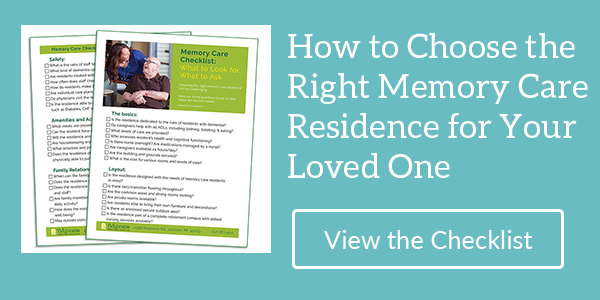As your parents age, they may start to feel more disconnected – less in touch with the world around them and even the people they love. They might have trouble remembering your birthday, paying their bills, or even to eat or shower daily.
This is natural as their physical and mental abilities start to decline, but it doesn’t have to be permanent. There are many things you can do to safeguard your parents’ well-being as they age and ensure they’re happy, emotionally stable and financially cared for as the years go on.
Do you want to support your aging parents? Here are some ways you can help.

Financial Support
Supporting your parents financially doesn’t have to mean paying for everything or covering all their bills. In most cases, it’s just a matter of taking their financial obligations and burdens off their shoulders, and ensuring their estate is tended to when their mind might not allow them to do so themselves.
Here’s what you can do:
Transfer their bills to your name.
Have their bills and accounts transferred to your name or, at the very least, sent to your address instead of theirs. It’s not uncommon for seniors to forget to pay bills or make mortgage payments, so putting these in your own name can help prevent any errors that could threaten their home or livelihood. If possible, set up autopay on bills and accounts that allow it, so no payment is ever late or overdue.
Have them add you to their bank accounts and credit cards.
You’ll also want your parents to add you to their bank accounts and credit cards so you can monitor their financial affairs when they’re unable to. Numbers and mathematical equations get very challenging as seniors age, so balancing a checkbook or managing deposits is often out of the question for many older adults. Take it upon yourself to handle these tasks on your parents’ behalf.
Work with an estate planning attorney to get their affairs in order.
Hire a professional estate planning attorney to get their financial affairs in order. This may include setting up trusts for the grandkids or even just assigning a power of attorney who can act on your parents’ behalf should they become incapacitated or unable to make a decision for themselves. Planning their estate ahead of time can ensure they have a say in the outcome of their assets and that their last days are accounted and planned for.
Meet with them regularly to go over bills, account balances and incoming payments.
Your parents might not be able to handle the day-to-day payment of bills and balances, but you can bet they still want to be tuned into their affairs. Sit down with them on a monthly basis to go over their accounts, and update them on any important changes or things of note. Remember, this is their money and their estate; they have a right to be fully informed at every turn.
Get clear on their insurance plans and medical bills.
As your parents age, medical bills will likely take up the bulk of their finances, so take time now to get clear on what their insurance will or won’t cover. Create a file of all their plan documents, and talk with their doctor about expected care requirements in the coming months and years. Be sure to set aside extra funds to pay for anything that insurance won’t cover.

Emotional Support
Just as important as supporting your parents financially is supporting them emotionally. Aging can be difficult, and it comes with lots of changes and strange transitions. Your parents need all the love and guidance they can get during this time, and it’s your responsibility to provide it to them.
Take care to:
Visit often – or arrange for visitors.
Schedule regular visits with your parents, and make sure to set aside time to really sit down and talk with them. How are they feeling? What do they need? Are they happy? If you can’t stop by regularly, arrange for visitors who can. Call in the whole family and assign certain days to each one. Make sure your parents have regular visits from those they care about.
Encourage socialization.
Your visits are great, but your parents also need to spend time with like-minded individuals. Encourage them to join local senior groups, bunco nights or other community events to keep them involved and socializing with other aging adults in the area. Having friends who know and understand what they’re going through can mean all the difference for a senior.
Foster their independence.
Be careful not to do everything for your parents. They may be aging, but they still would like some control over what they do and when they do it. Encourage them to be independent by installing ramps and rails around their home to help them get around, and show them how to use their phone, computer and other technology to browse the web, play games or do other activities they might enjoy. Empower them to enjoy their lives!
Consider home care or a senior community.
Finally, if you fear your parents might not be getting the emotional support they need while living on their own, consider finding them a fitting senior community or home care situation that can help. Home care providers can stop by to help with day-to-day tasks or just for companionship, while senior communities can offer an immersive, experience that gives them the socialization opportunities and medical care they need 24-7. If memory care is a consideration, our memory loss and memory care guide can help you navigate caring for your loved one.
Do you want to consider one of these options for your aging parents? Come see Ganton’s Countryside today. With home care, memory care, senior living and independent living options, there’s something here for everyone. Bring your parents and discover the best fit for your family today. Please call Margaret Nagel at (517) 206-5000 or download our brochure to learn about our care levels, cost, and amenities.


